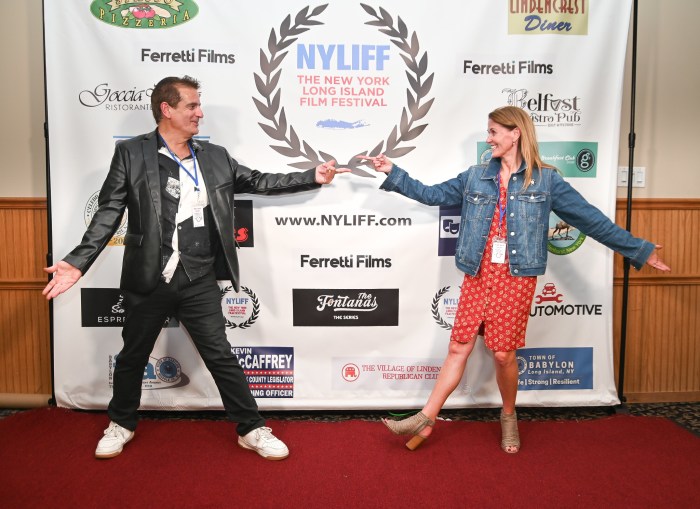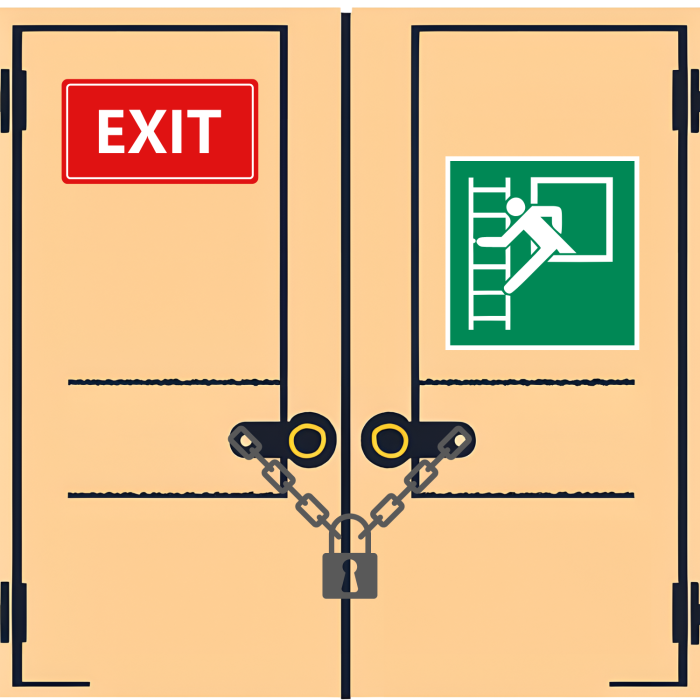A lawsuit seeking $116.9 million has been filed against Suffolk County on behalf of an estimated 340,000 residents of the county’s Southwest Sewer District No. 3, claiming that the county has “illegally overtaxed owners of real estate” in violation of four public referenda that called for surpluses to be returned.
According to the law firms of Paul Sabatino II and Reilly, Like and Tenety, Suffolk officials have not complied with the requirements that voters had approved by public referendum in 1983, 1989, 1995 and 2006. Filed in New York State Supreme Court earlier this month, the lawsuit asks the court to grant class action status “to protect all taxpayers in the district, not just those who can afford the cost of litigation.” The 57-square-mile district covers Babylon, Islip and a sliver of Huntington.
“By holding on to this money, Suffolk County has knowingly thwarted the will of the people, as expressed by the voters on four separate occasions,” said Sabatino, who was County Executive Steve Levy’s chief deputy from 2004 to 2007 and former counsel to the Suffolk County Legislature for almost 20 years before that. “The purpose of the lawsuit is to enforce the will of the people and return the $116.9 million to the taxpayers.”
The attorneys say the targeted total amount consists of the 2013 surplus fund balance of $35,177,582, the 2014 surplus fund balance of $42,265,864 and the 2015 fund balance of $39,5236,337. Instead of returning these fund balances to the taxpayers as required, the attorneys allege, the county put the monies in a fund known as Fund 405, which they describe as “an illegal fund…used by the county as a subterfuge.”
According to the attorneys’ calculations, the average taxpayer in the sewer district is entitled to a refund of about $1,542. They say the over-taxation stemmed from the failure of county officials to pass on “the substantial savings” that arose from the amortization of South West Sewer District’s debt that had been issued in the 1970s, 1980s and 1990s. As the debt was paid off “in increasingly large amounts,” the county held on to the savings instead of returning it to the taxpayers as the county statute and state law required, the attorneys say.
“My understanding is that these numbers have just really accrued in the last three or four years,” said Sabatino, who left county government seven years ago. “I think they’ve been caught with their budgetary pants down on this one.”
“Failure to stop this violation of the constitutional rights of the taxpayers and allowing it to continue in the future will imperil the public interest, cause public injury, and promote public mischief,” attorney Irving Like said in a statement. “The strong policy of the law requires a full accounting of all public funds and is designed to prevent municipal governments from acquiring tax proceeds faster than they are needed and for costs and expenses not incurred.”
The county attorney’s office has reportedly asked the court for an extension in order to reply to the lawsuit, which is filed under index number 15-01596. Neither the county attorney’s office nor the county executive’s representatives responded to requests for comment from the Press.
This issue doesn’t involve Suffolk County’s Drinking Water Protection Program, which county voters have approved by referenda because it is funded by a ¼ cent sales tax. Recently, the county had borrowed $30 million of that program’s money without voters’ approval, sparking a three-year lawsuit which ended last summer when county lawmakers and environmentalists struck a deal to end the legal battle and restore the money to the program.
But what’s at stake is the same principle, according to Richard Amper, executive director of the Long Island Pine Barrens Society.
“When the will of the voters is ignored, government has betrayed the public trust,” Amper told the Press. “What’s really both bad and stupid is that if government keeps playing ‘April Fools’ with the voters, they’re going to stop authorizing spending for important government programs, such as the Drinking Water Protection Program. The public won’t continue to reward bad faith.”
































